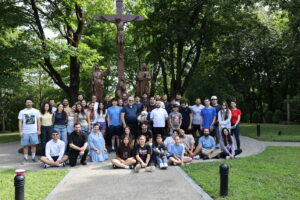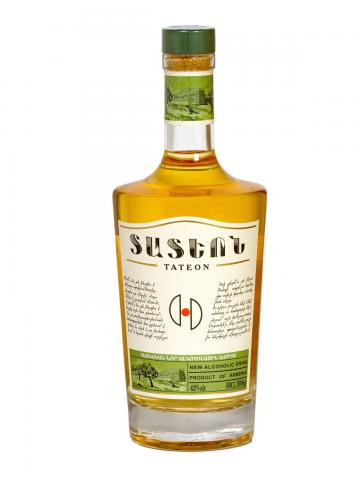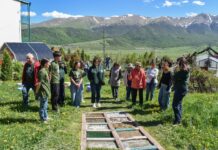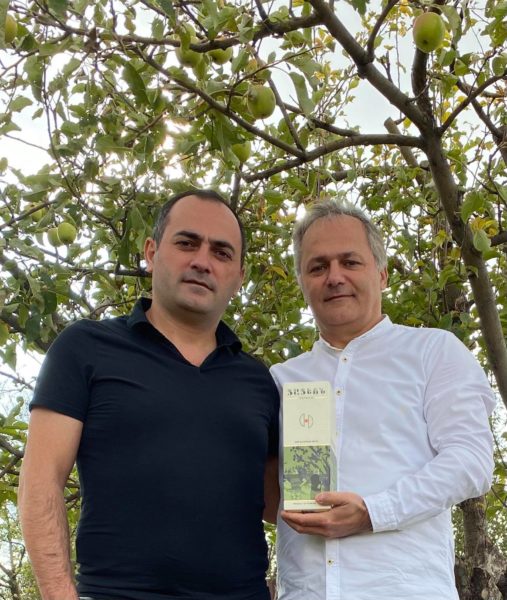YEREVAN — Armen Karapetyan was born in Vardenis in 1970 and graduated from the vocal department of the Komitas Conservatory. The first time I met him in 2000, in Paris, he had just started his career as a baritone with his wife, soprano Lianna Haroutounian. In the ensuing decades, Lianna gained fame in the Western opera world, but Armen moved from music to another, slightly unexpected field.
Armen, you were working out of Armenia for 24 years. How did you find yourself in France?
In 1995, the Academic choir of Armenia, led by Hovhannes Chekijian, in which I had sung, toured various European countries, including France. From a young age, thanks to literature and cinema, France was a dream for me, and when we got there, we decided to settle in that country. As a young man, unfortunately, you often do not see the future in your country, on the other hand, these were difficult years in Armenia. Since 1997, Lianna and I have always been in France, where we were very busy with our profession, we went to many auditions. I have perfected my vocal skills with various teachers, and for that purpose I often went to Italy, particularly taking lessons from the famous operatic bass Bonaldo Giaiotti.
What did France give you?
First of all, France re-educated the inner person among us, who may have had some merits, some talent, but all that was added to the discipline towards work and human and professional relations.
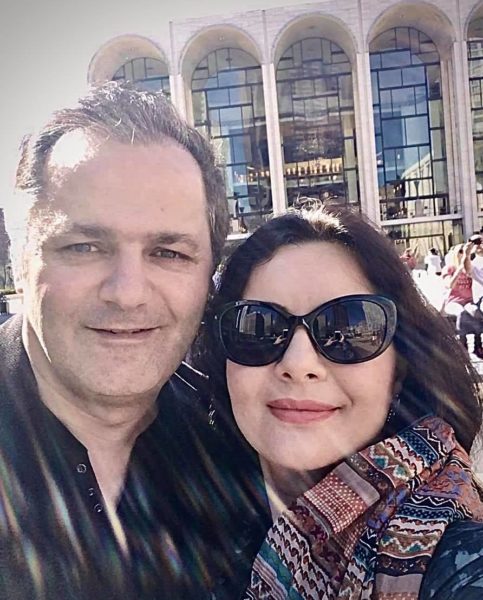
Many people go out to the big world and make a purposeful career, but you seem to be very calm about it.
